British Defence Secretary Ben Wallace has highlighted new global threats such as those posed by the Chinese regime, and has pledged UK support for U.S. efforts to meet these challenges.
“We know China is growing the largest maritime surface and sub-surface fleets in the world,” he said on Wednesday. “And our competitors continue to challenge us in the grey zone between war and peace, especially in the cyber and space domains.”

Meanwhile, he warned, melting polar ice is “opening up maritime routes at the top of the world, halving the transit time between Europe and Asia and increasing our vulnerabilities.”
Wallace made the remarks at the Atlantic Future Forum, a UK government-backed conference being held onboard the HMS Queen Elizabeth aircraft carrier docked in Portsmouth, England.
He said an “integrated response” is needed to respond to these threats militarily, economically, and ideologically.
He stressed the importance of global partnership, as “none of us alone can ensure mass and persistence.”
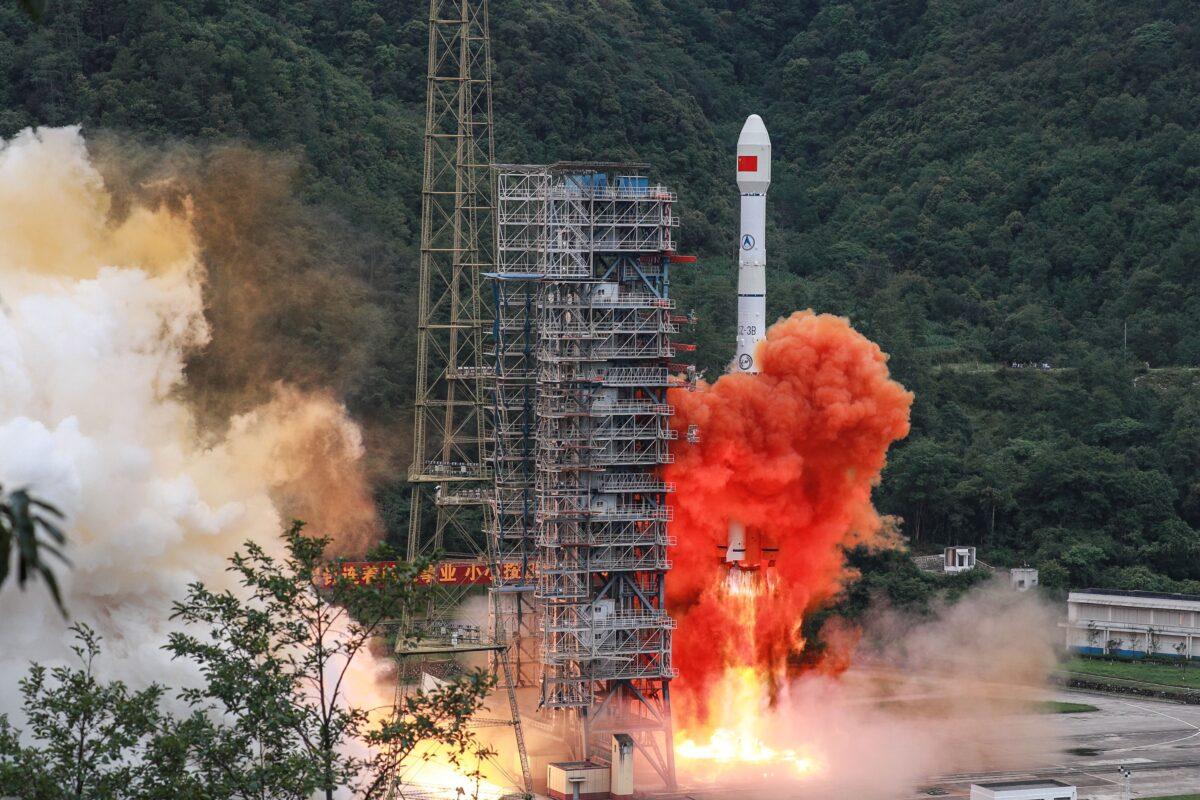
The China Threat
As the UK government conducts a comprehensive review of its foreign, security, and defence policy, a number of British security officials have recently identified the Chinese regime as a major source of threat.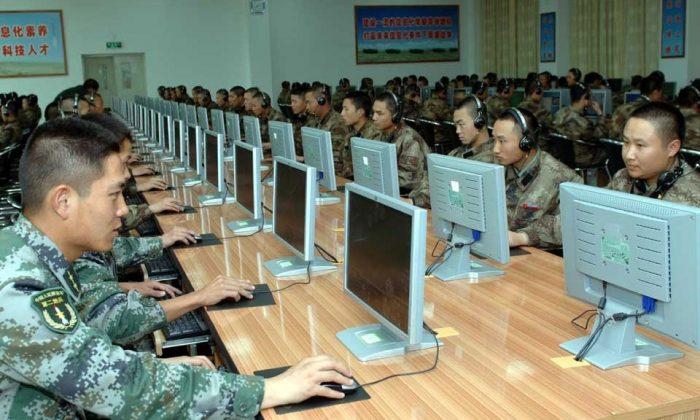
Burden Sharing
Hailing the United States as the “great guarantor” of democracy who has long shouldered the burden of Western collective security, Wallace pledged that “the UK is ready and able to share that burden—in NATO and right across the world.”Though he devoted much of his speech to Britain’s role in NATO and European defence against the Russian threat, Wallace emphasised that the UK is not limiting its vision to Europe.
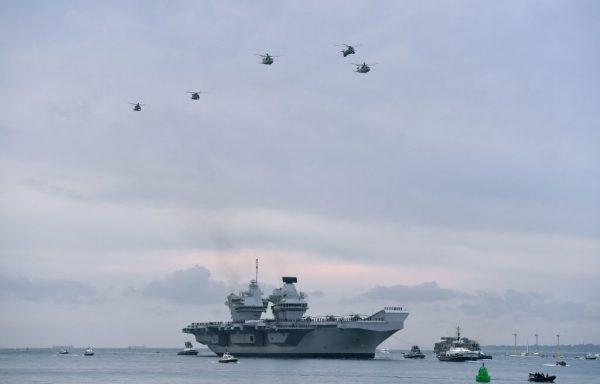
“Our adversaries are acting on a global scale,” he noted. “Not just, for example, threatening freedom of navigation in the Atlantic or South China Sea, but also challenging our international system and the values that underpin them.”
He said the UK will “adopt a campaigning approach to the way we do our business around the world,” and will be “more present, more forward deployed, and more active.”
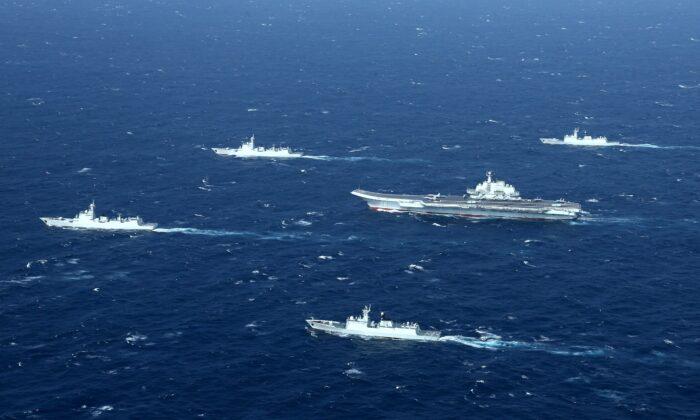

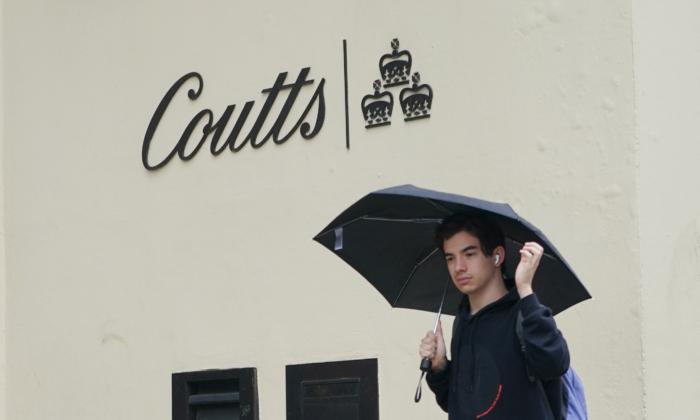
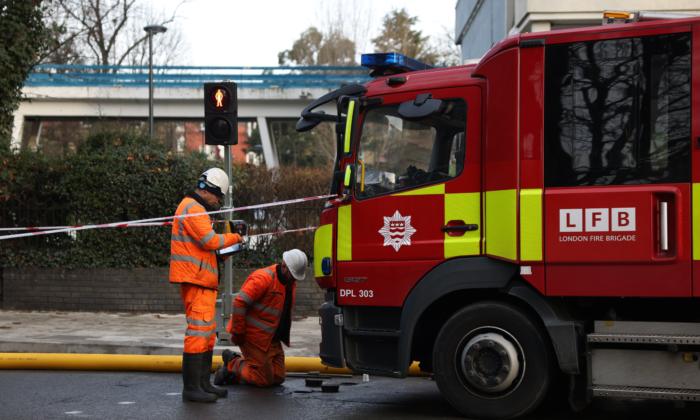
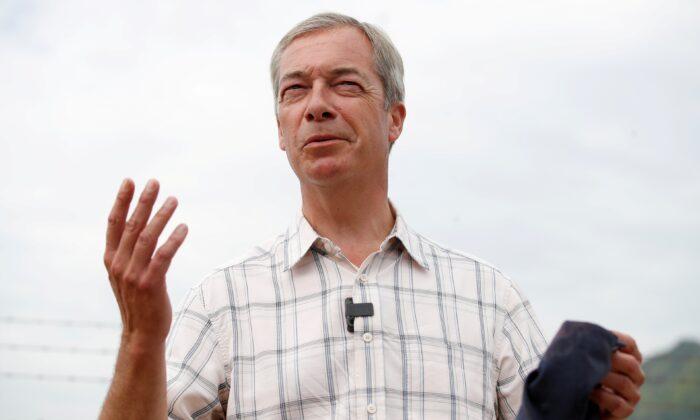

Friends Read Free